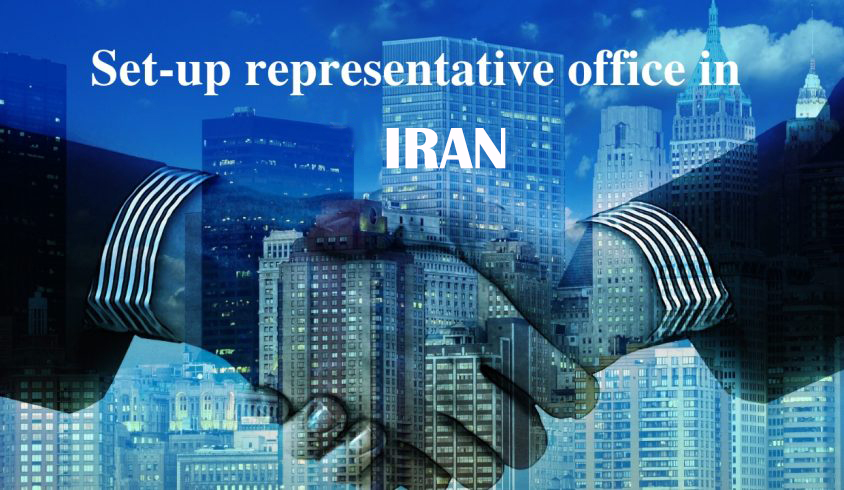Due to the differences in domestic laws regarding companies, incorporating and running a company and doing the relevant administrative tasks in a foreign country is a time-consuming and cumbersome task. This requires careful consideration in choosing the appropriate corporate structure suited to commercial objectives, obtaining necessary licenses for current activities as well as financial and tax affairs which necessitate assistance of a business attorney familiar with business law in Iran.
According to the Iranian Commercial Act of 1932 and the Amending Bill to Commercial Code of 1968 there are seven different type of companies that are recognized:
- Joint Stock Company
- Limited Liability Company
- General Partnership
- Limited Partnership
- Joint Stock Partnership
- Proportional Liability Partnership
- Consumers and Producers Cooperatives
However, the main two type of companies that are mostly incorporated in Iran are Joint Stock Company and Limited Liability Company. A Joint Stock Company is defined as a company whose capital is divided into shares and the liability of whose shareholders is limited to the par value of the shares respectively held by them. Moreover, A Joint Stock Company is considered as a trading company, regardless of the fact that operations conducted by it are not of a trading nature. Joint stock Companies fall under two distinctive categories. The first category
consists of a company whose promoters secure a portion of its share capital by way of
transferring shares to the public and such a company is called a public company. The second
category consists of a company whose share capital, in its entirety, is secured by its promoters
at the time of its formation and such a company is called a private company. The members of a private and public Joint Stock Company must not be respectably less than three and five.
A Limited Liability Company is a company formed between two or more persons for the purpose of trading while the company’s capital is not represented by shares or bonds and each partner is responsible for the responsibilities and obligations of the company merely to the extent of its contribution. Also, a limited liability company is managed by one or more directors, chosen from among the partners or outside, for a limited or unlimited period.
Furthermore, in 1997, a single-article Act was passed which allows legally- registered foreign companies to register a branch/ agency in Iran subject to reciprocity and in a number of specific areas. The Directive issued relevant to this Act discusses this matter in more detail. The Directive distinguishes branch from agency. A branch is a local unit of the foreign company directly responsible for conducting activities of the foreign company locally. The branch shall act in the name and with the responsibility of the company. In contrast, the agent, who could be a natural or legal person, shall act in its own name and responsibility.
Bayan Emrooz Law Firm offers a comprehensive package in respect to corporation legal service including consultation regarding choosing the right corporate structure, obtaining the necessary licenses for incorporation and registration of foreign companies with 100 per cent foreign capital, drafting the company statute and registering the changes made to the structure of the company which facilitates the commercial activities of clients and comforts the concerns of companies regarding hardships before, during and after incorporation.
Other services provided by business attorneys of Bayan Emrooz Law Firm in this regard include: Drafting, legal review and consultation in regard to the shareholders’ Memorandum of Understanding, regulations and provisions of the company, obtaining the required licenses from competent authorities, amount of capital, the administration of the company, the responsibilities of company and its directors, shareholders’ rights, changes of the company, merge of the companies, entrance into stock market, bankruptcy and insolvency.













